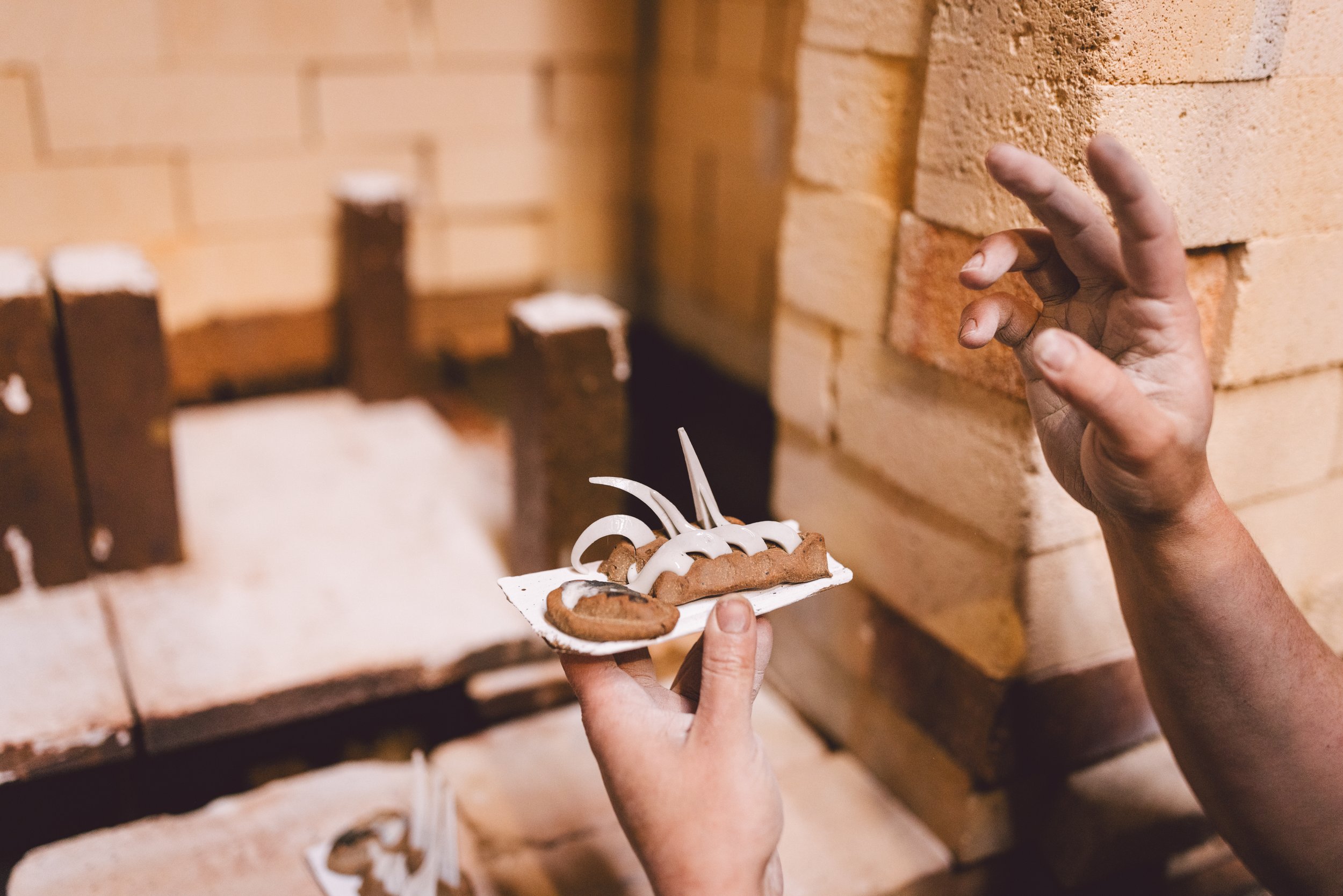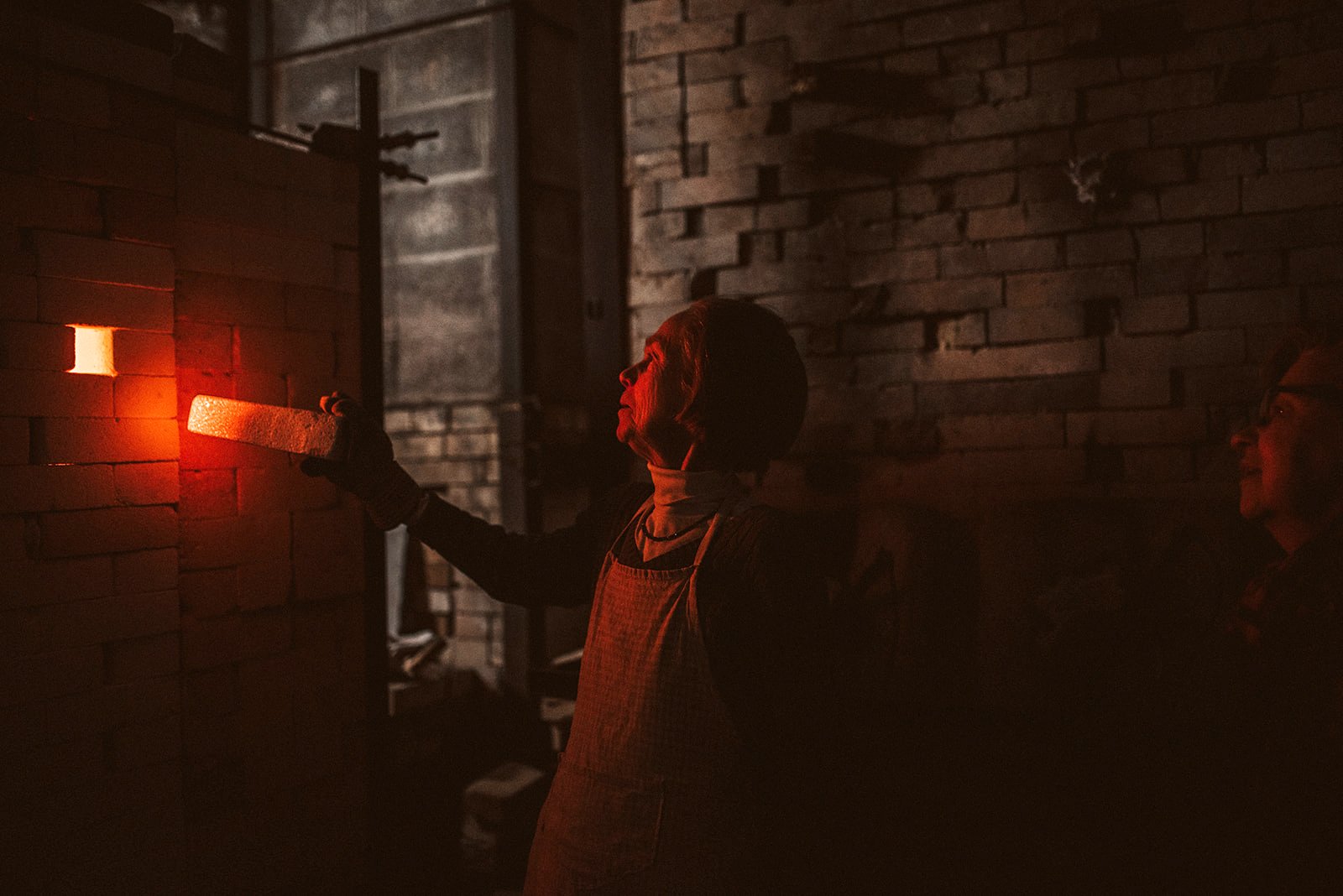Residential Programs
Guild apprenticeships are designed for people searching for a practical, hands-on approach to learning and living. They can be done as residencies or commuter-style, and are best suited to people who are open, love to learn, are willing to take direction and work creatively as a member of a group, and who are ready to fulfill the needs of the community wherever and whenever they arise. We currently offer apprenticeships in Pottery, Woodworking or Community Life (garden, orchard, cooking, maintenance).

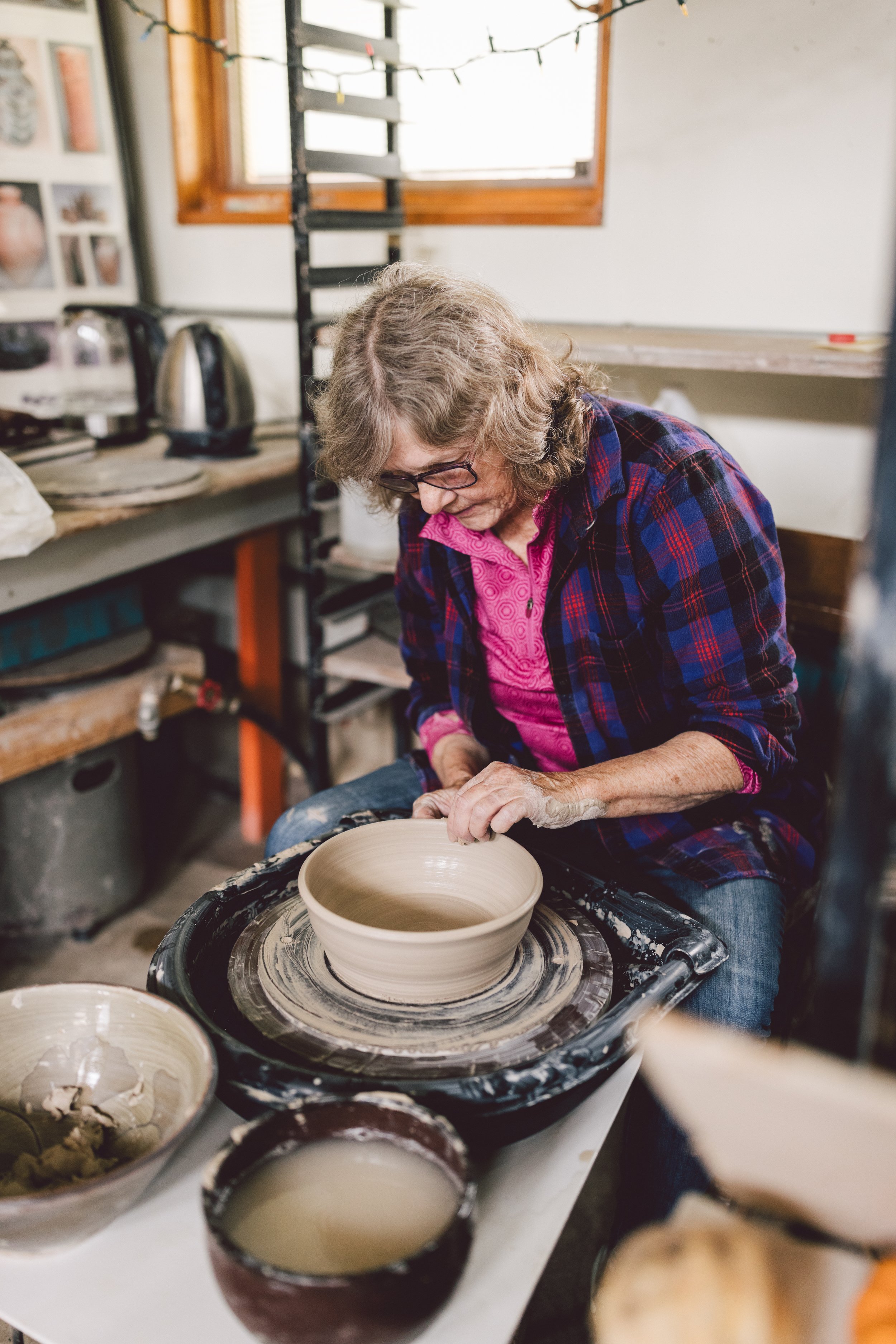
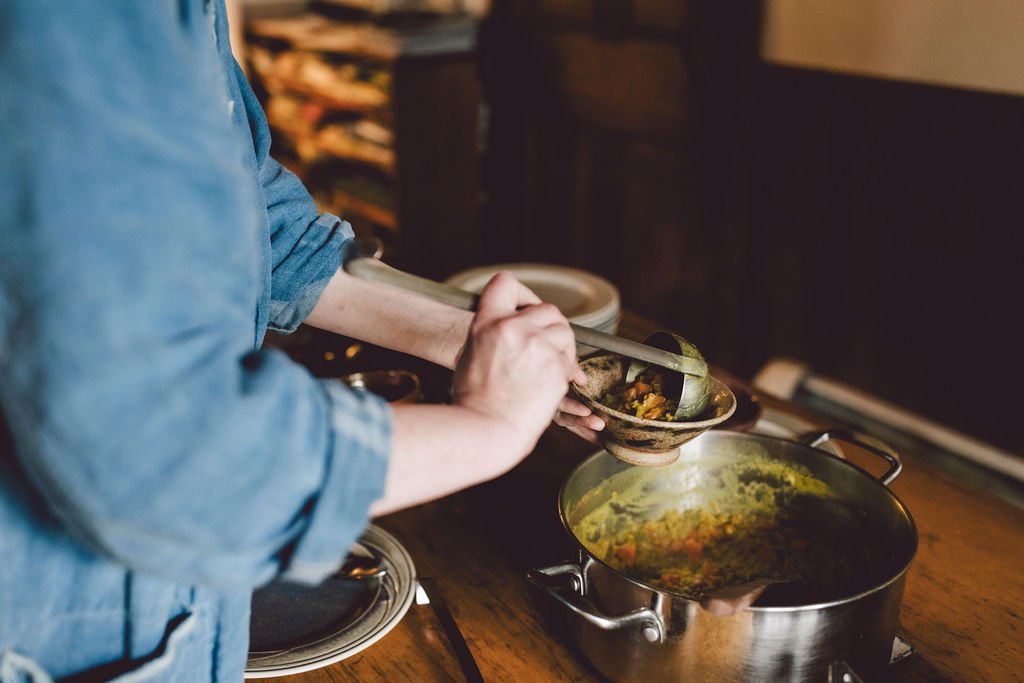

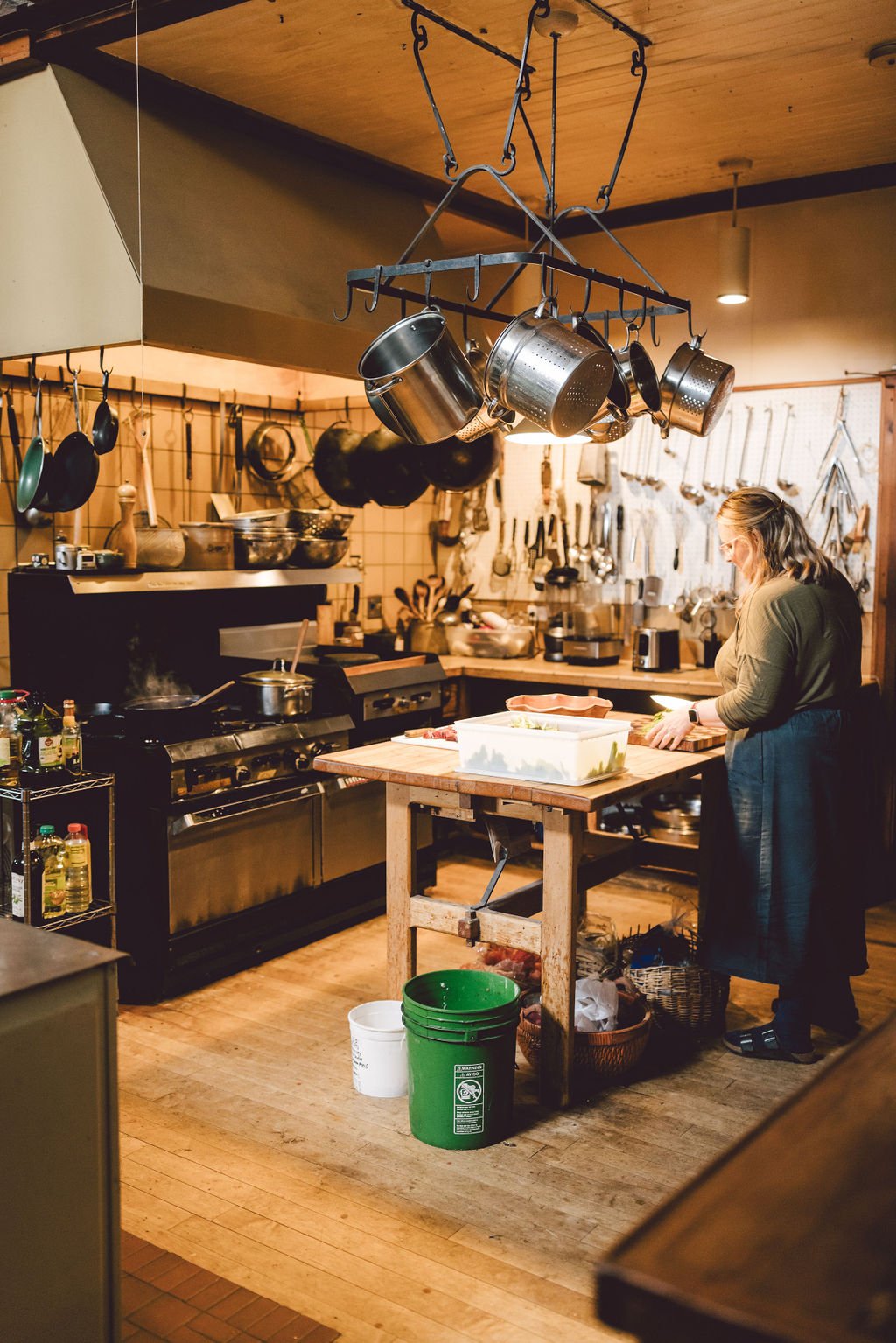

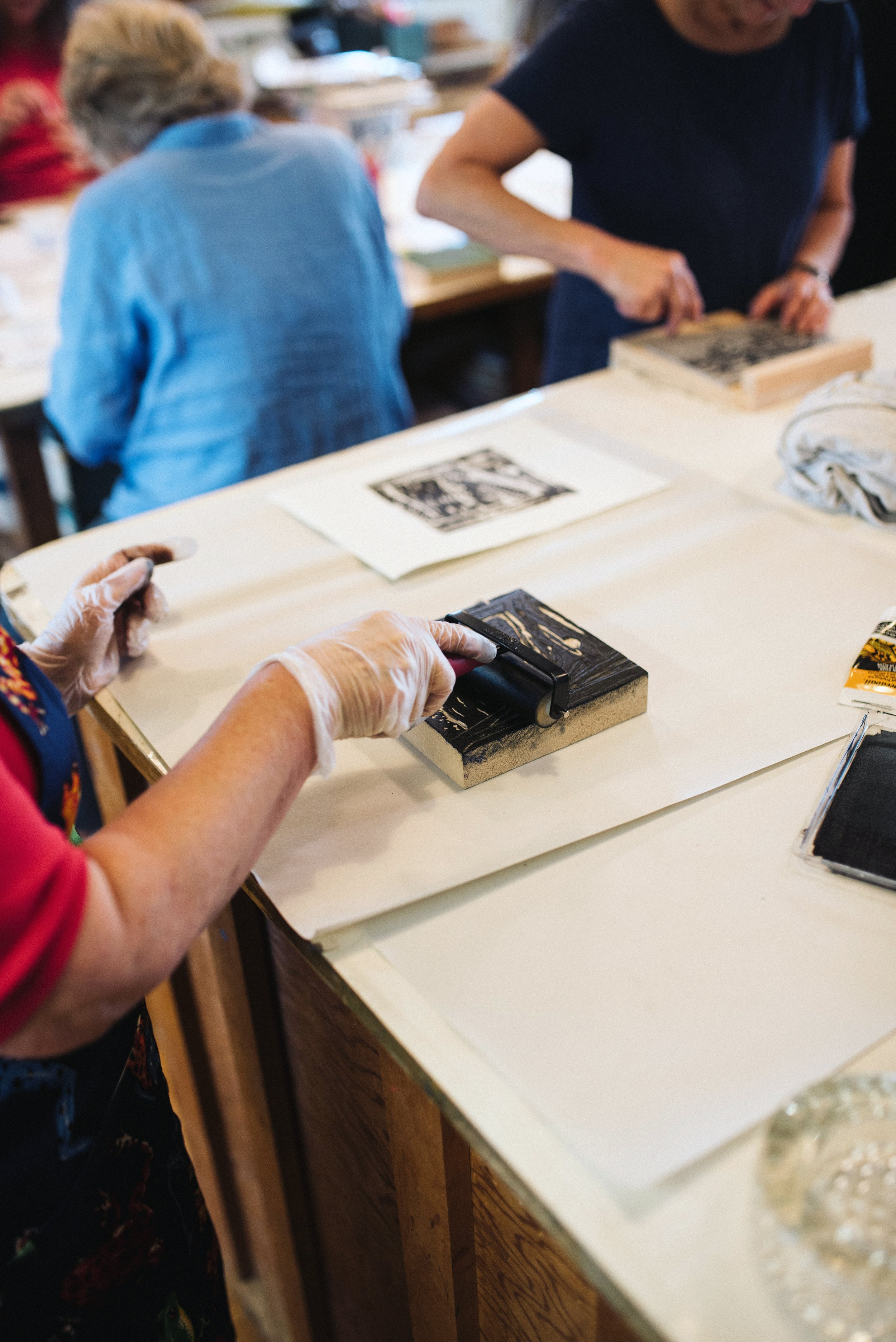
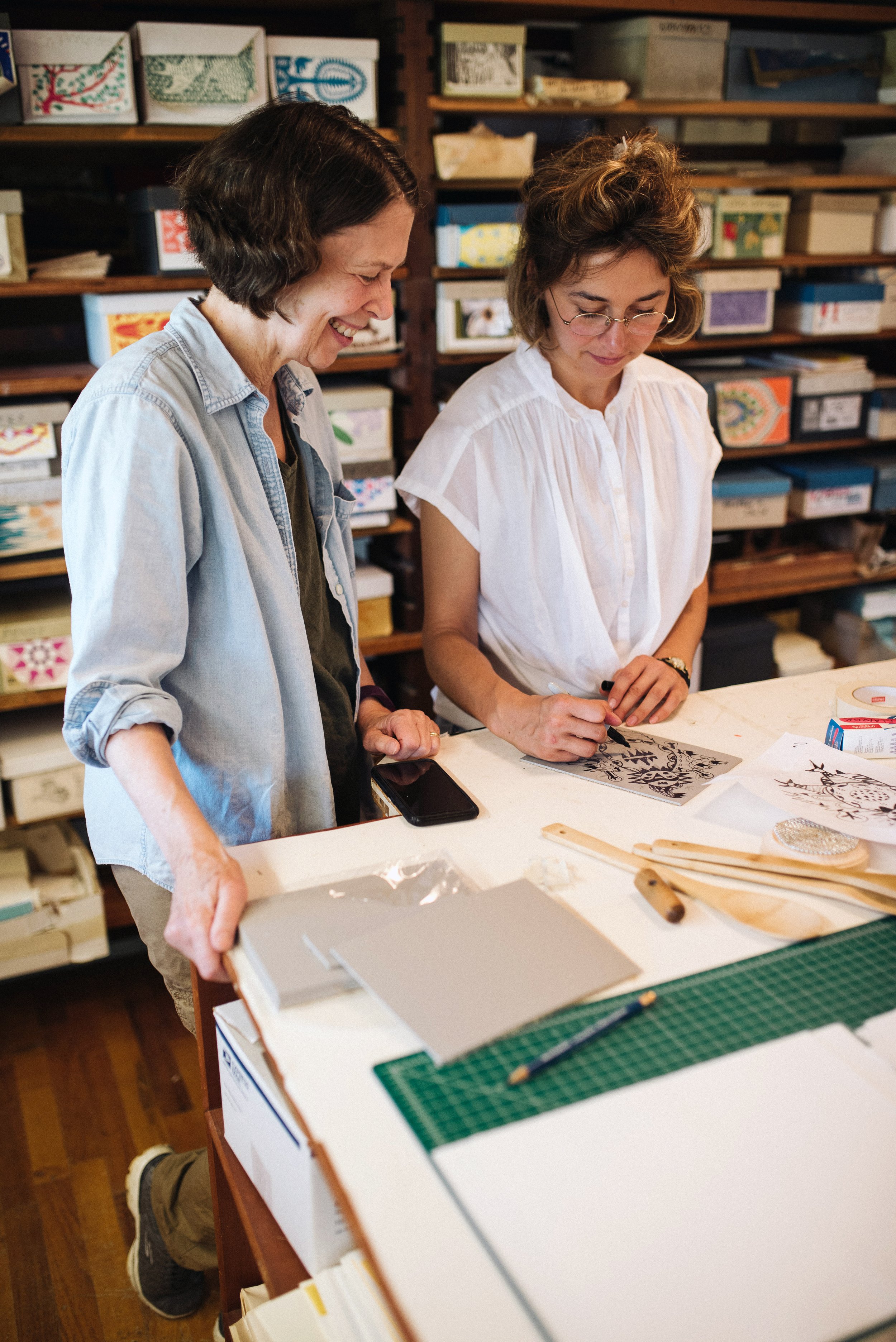




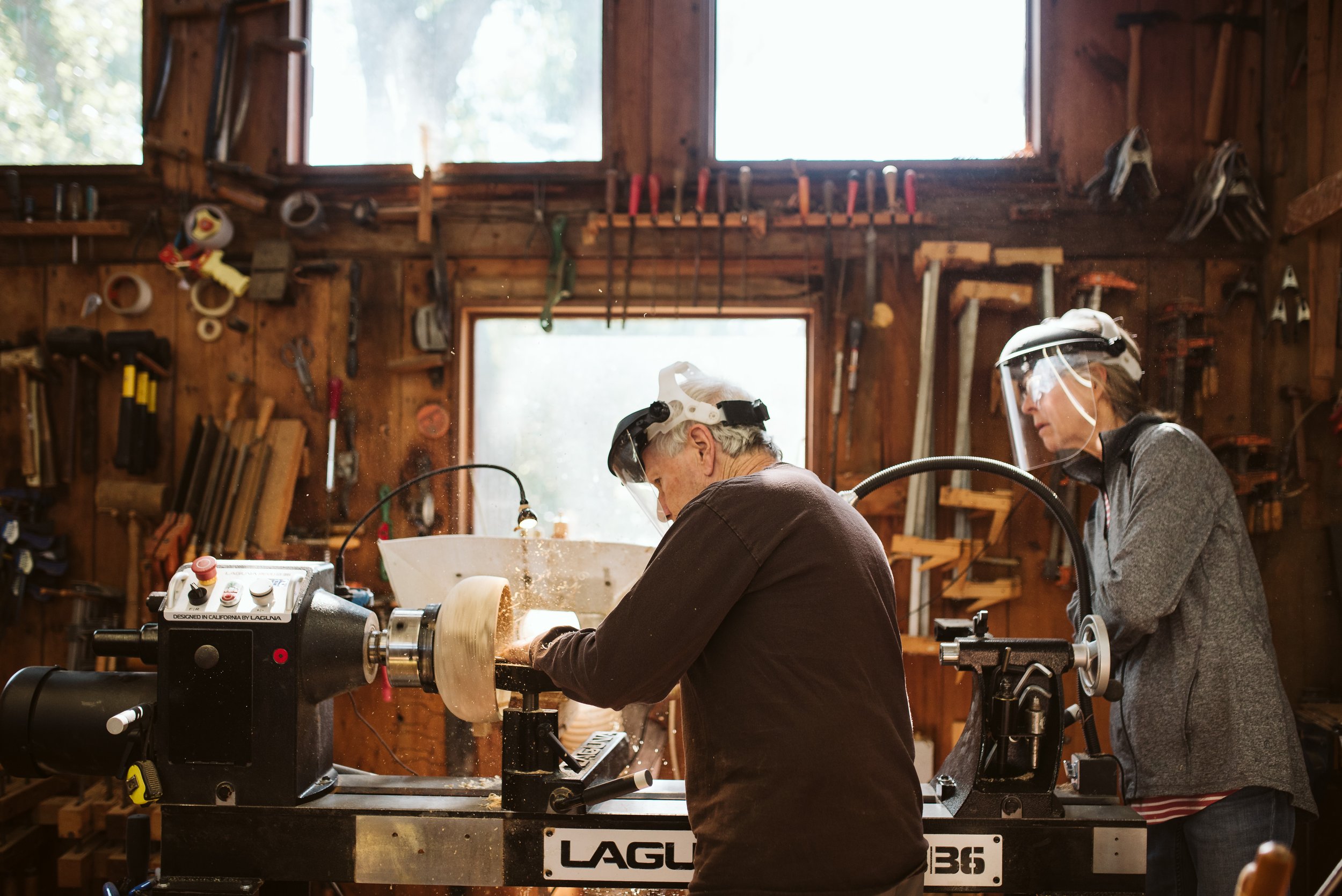

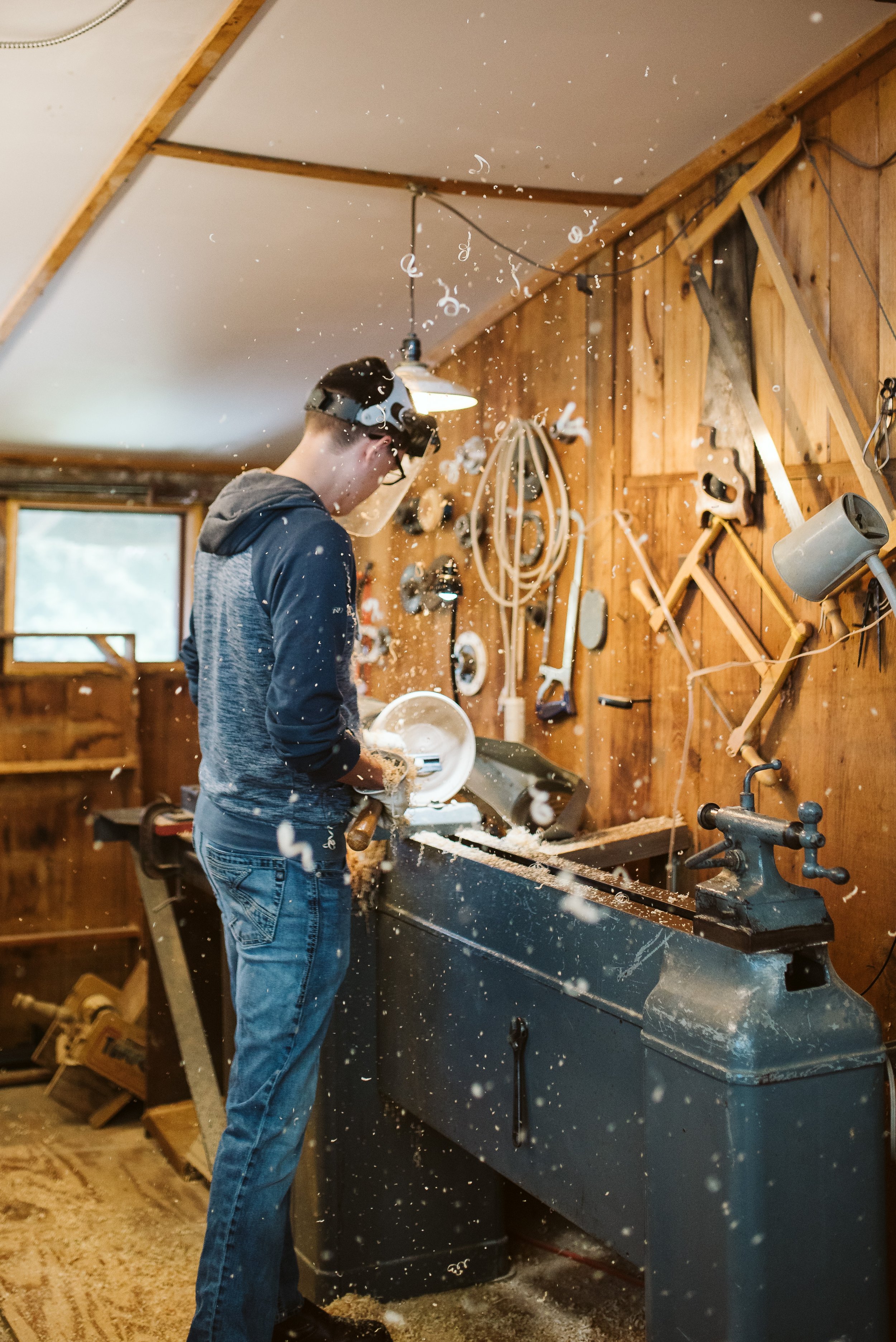


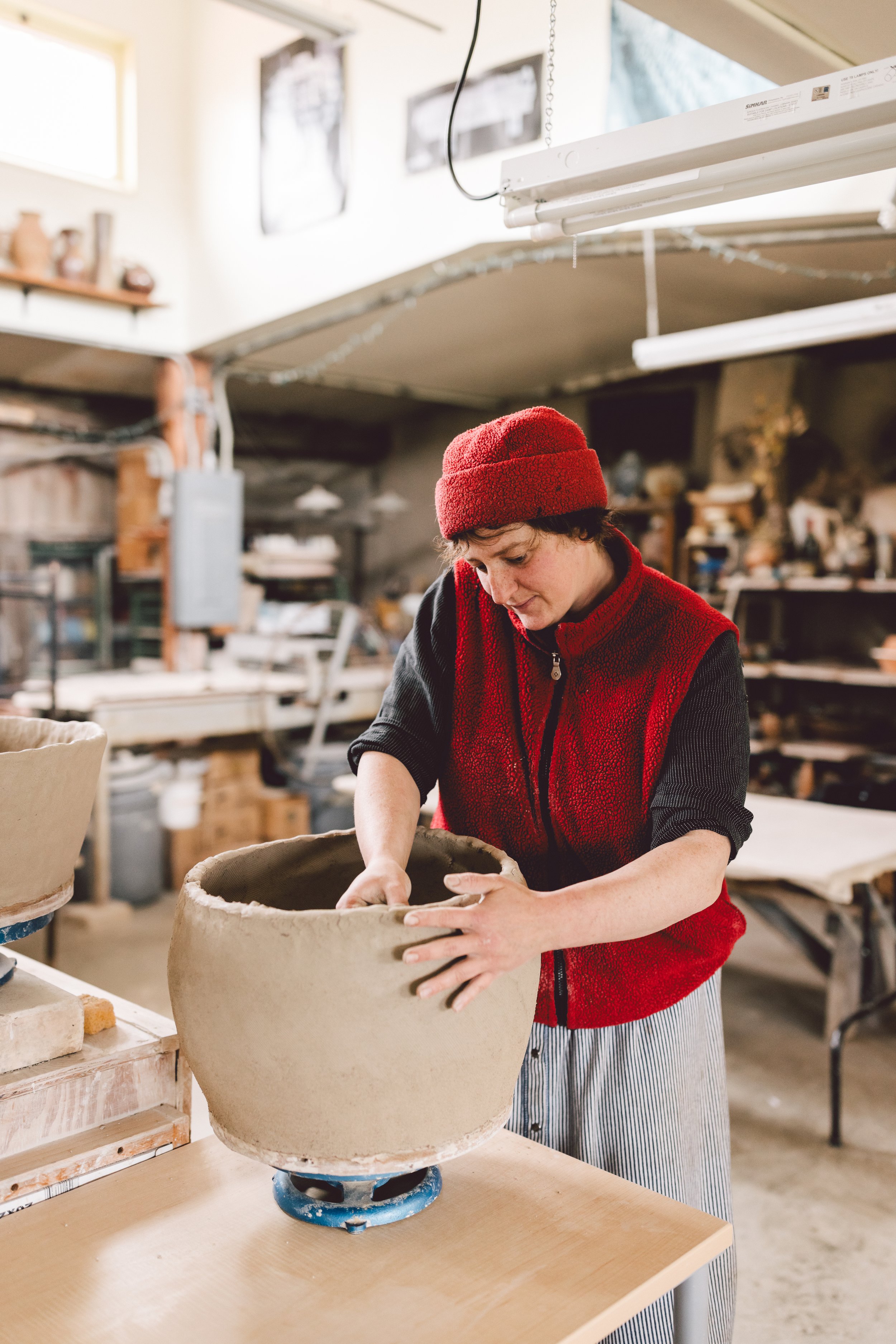




Apprenticeships & Internships
Guild apprenticeships are designed for people searching for a practical, hands-on approach to learning and living. They can be done as residencies or commuter-style, and are best suited to people who are open, love to learn, are willing to take direction and work creatively as a member of a group, and who are ready to fulfill the needs of the community wherever and whenever they arise. We currently offer apprenticeships in Pottery, Woodworking or Community Life (garden, orchard, cooking, maintenance).
Community Life
Apprentices take part in the daily life of the community, sharing in meal preparation, cleaning, maintenance, farming, and gardening, as well as the seasonal celebrations and numerous special events. Study of the Gurdjieff teaching is available but not required. Participation in this side of Guild life is up to each individual.
Review Process
Guild apprenticeships are awarded after a series of trial visits, and require a commitment of at least one year. The first visit is typically for 2 or 3 days; subsequent visits of 2-3 weeks are arranged if mutually desired by the applicant and the studio director.. A final decision is made based on these visits. Apprenticeships can be renewed annually for up to three years at the discretion of the Guild community and studio director. Availability and starting dates vary and are arranged with the directors of each studio. Evaluation of progress in both craft and community life is done on a regular basis.
Cost to Apprentice
Most apprentices live in our community in Middlesex, although there is the option to live nearby if you wish. The fee for the initial visit is $40/day and for the second visit $175/week. A resident apprentice typically pays $600/month to offset living expenses, costs of craft training, and raw materials. A limited number of scholarships are available each year. Non-resident fees are adjusted accordingly. Fees are usually reduced as an apprentice becomes an economically-contributing member of the Guild.
-
Write a letter telling us about yourself. What are you searching for? What do you wish to learn? Why do you wish to try the experience of the Folk Art Guild? Include educational and work experiences and two letters of recommendation. Resumes, slides and portfolios are appreciated but not required. Trial visits and tuition fees are arranged before any final decision is made. E-mail your information to us at: learning@folkartguild.org
-
For those interested in shorter stays at the Guild, internships are offered. Application procedures include a letter as described above, and at least one trial visit to acquaint the applicant with our internship program and community.
Internships vary in content, length, and availability. Though work as helpers in craft shops is usually part of an internship, those seeking serious training in a craft should apply for our apprenticeship program. The fee is $175/week for interns living at the Guild. Those living elsewhere may inquire concerning a fee adjustment. As with apprenticeships, a limited number of scholarships are available each year.
-
Our pottery apprenticeship program has a more in-depth aim than lessons. Learning skills in pottery follows a slow progression over the apprenticeship, and includes making clay, wedging, hand building, and throwing repetition ware. At the beginning apprentices are not expected to produce saleable work, but help with studio chores such as cleaning, loading and unloading kilns, mixing glazes, building fires, and packing pots for shipping.
Once an apprentice learns to throw, they are encouraged to make multiples of 50 to 100 mugs, bowls, and other production items. There is a magical point that occurs in repetition throwing. When the body learns to shape the clay, the feelings are alive and engaged, and the mind is free to join the search for a better form, a more relaxed body, and a finer attention. This attention aids the process of becoming present and alive in all ones’ parts. Often the pots grow more and more beautiful as a result, in a natural process like a plant reaching for the sun. There is also a great deal of freedom to pursue shapes, sizes and function in many kinds of pottery.
All pots belong to the Guild. Beginners are encouraged to throw out and reclaim their early attempts and later to glaze and fire their more successful pots in order to understand the process from the beginning to the end. The standards for saleable work are high, but functional pottery is needed and appreciated in the community kitchen.
Some apprentices live full-time at the farm; others live nearby and come full or part-time. The fees are dependent upon these factors and are specific to the individual. Some scholarships are available each year. -
Participants in this program work alongside Guild members in our organic gardens, orchards, kitchen and farm. Although work in craft areas may be included, the emphasis is on agriculture. Skills acquired may include vegetable and tree fruit (apple, peach, plum, cherry) growing, food preservation, building and maintenance, plant identification and more. This program will begin May 15 and end August 15, with allowance for individual circumstances. Fee is $175/week for living expenses and training.
Pottery Residency
The Rochester Folk Art Guild Pottery Residency Program provides the opportunity for a functional potter to enjoy a large, spacious, and well equipped studio and kiln shed with other potters. The program gives potters the experience of participating in a working studio before investing their own equipment. For established potters, the Residency Program provides the opportunity to work in a different setting.
Pottery Resident Artists receive studio space, materials, and firing in our high fired reduction propane gas kilns (porcelain clay is extra) in exchange for 15 hours of studio support work per week. The studio support work includes clay and glaze making, loading kilns, cleaning and throwing for the Guild’s production line of pottery. In exchange for assisting during Guild exhibitions and shows, the resident potter’s own work can be displayed and sold during the show.
We recommend visiting the Guild before applying for this program. While the experience is designed for a functional potter, the wish to contribute in a caring way to life in a community of craftspeople is more important than the achieved skill level in pottery. Interest in, or participating in the opportunity to study the ideas of G.I. Gurdjieff at the Guild is completely voluntary. Being sensitive to this inner search by others who live and work at the Guild is important for participating in this Residency Program.
-
If you’re interested in applying, or learning more about the Residency Program in Pottery, please give us a call to arrange a visit (585-554-3939). If you live too far from us to be able to visit, please either call or email us to let us know about your interest at info@folkartguild.org before applying for the Program.
Folk Art Guild Pottery
Phone calls between 9 am – 4 pm EST
Phone: 585-554-5463
Email: pottery@folkartguild.orghttps://www.theresidencyreview.com/travel-blog/rochester-folk-art-guild




